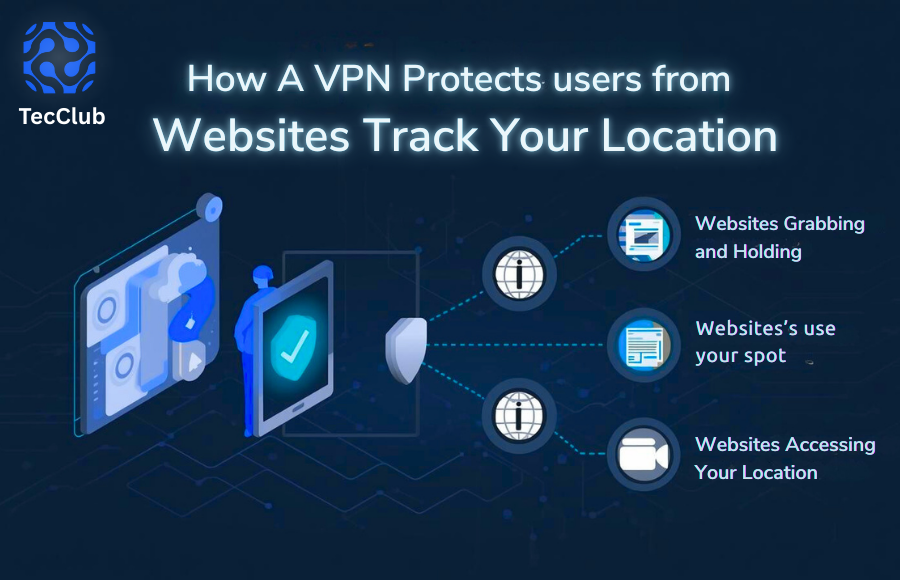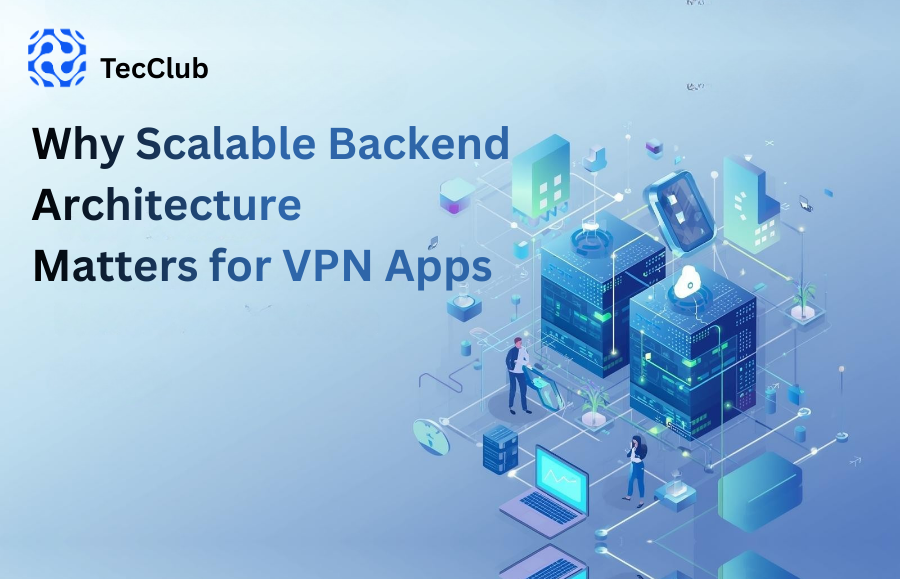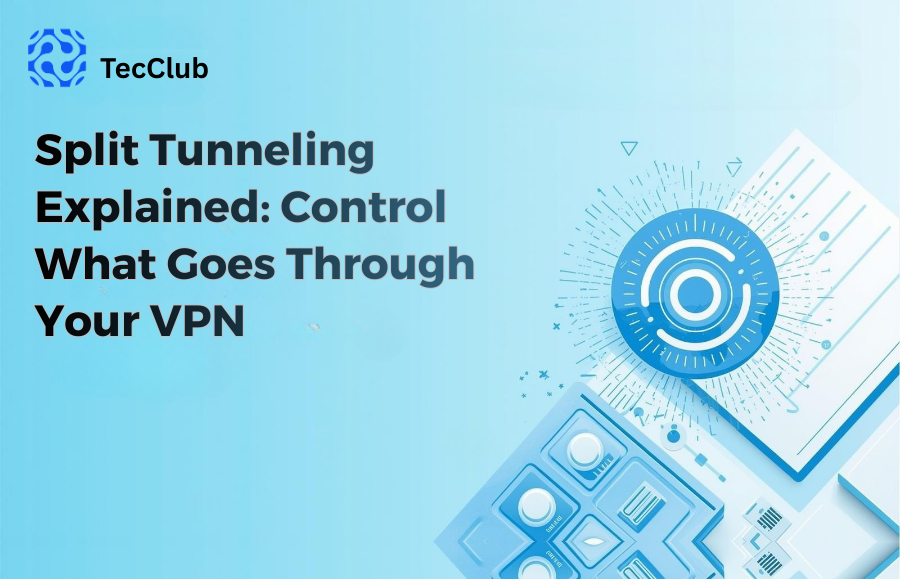
You’re looking for flights. You find one at a decent price, think about it for a bit, refresh the page—and suddenly, it’s more expensive. Or maybe you’re shopping online and notice that a friend in another country is seeing different prices or products than you.
That’s not your imagination. A lot of websites keep an eye on your location through your IP address (basically your internet “home address”). With it, they can change what you see—sometimes for convenience, sometimes for profit.
The trick is called geo-tracking, and while it isn’t always bad, it can definitely feel invasive. Luckily, this is where a VPN comes in.
Websites use your IP address to figure out where you are in the world. With that info, they can:
Adjust prices (flights and hotels are famous for this).
Block content that’s only available in certain countries.
Hit you with hyper-local ads (“Hey, pizza near you!”).
Collect data to better understand (and market to) you.
Sometimes this is useful—like showing local weather or stores near you. But other times? It just feels like you’re being squeezed or fenced in.
When you switch on a VPN, your real IP is hidden. Instead of your actual location, websites only see where the VPN server is based. That small change gives you big wins:
More privacy—Advertisers trackers have a harder time pinning you down.
Fairer pricing—changing Your virtual location can sometimes sidestep those “because of where you live” price jumps.
More freedom —access shows, sites, or services that are blocked in your region.
It’s kind of like wearing sunglasses in a busy street. People see you walking by, but they don’t know exactly who you are—or where you came from.
A VPN isn’t a magic invisibility cloak. Here’s what it won’t do:
If you’re logged into Google or Amazon, they’ll still track you.
Cookies and browser fingerprints can still collect data.
It won’t protect you from phishing scams or weak passwords.
So, think of a VPN as one piece of your privacy puzzle. Helpful, yes. The whole picture, no.
Want to get the most out of your VPN? Here are a few quick tips:
Pick a VPN provider you trust (look for a no-logs policy).
Clear cookies or use incognito mode when switching locations.
Keep your apps and browser updated—security patches matter.
Stick to HTTPS sites (look for the padlock in your browser).
Log out of accounts when comparing prices—it keeps results cleaner.
Websites track your location because it’s valuable to them. Sometimes it’s for your convenience, but other times it’s to limit your options—or bump up prices.
A VPN helps you push back. It hides your real location, gives you more privacy, lets you sidestep unfair pricing, and helps you access the internet with fewer restrictions.
It won’t make you invisible, but it will give you more control over what’s shared about you online—and that’s a win in today’s digital world.
✅ Turn on your VPN before shopping online
✅ Clear cookies if you switch virtual locations
✅ Always use HTTPS websites
✅ Log out when comparing prices
✅ Stick with a VPN that has strong encryption and a no-logs policy

